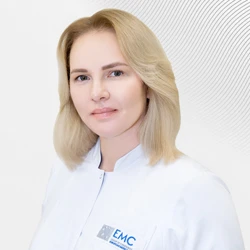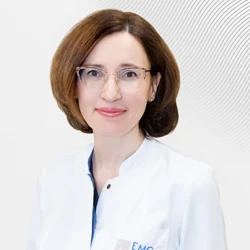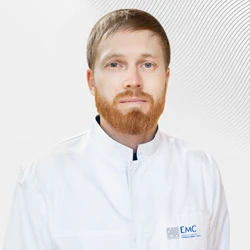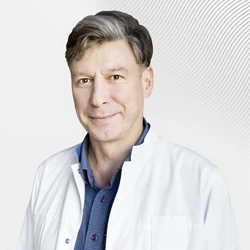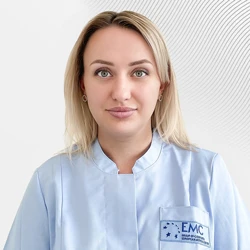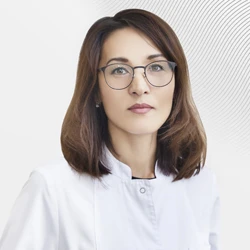Currently, speech development disorders are very common, and speech development in children is often delayed. This may be due to abnormalities of intrauterine development, fetal hypoxia, and neurological changes at birth. The reason may also be a lack of communication with parents, family characteristics.
Says a child psychiatrist, a psychotherapist
Currently, speech development disorders are very common, speech development in children is delayed quite often. This may be due to abnormalities of intrauterine development, fetal hypoxia, and neurological changes at birth. The reason may also be a lack of communication with parents, family characteristics.
- In a year and a half, a baby's vocabulary usually includes up to 6-7 separate words, such as "dad", "mom", "baba", "uncle". The child demonstrates interest and attention to the speech of others, repeats and combines sounds in a new way, combines them into "words", imitating the speech of an adult. The kid already understands the speech addressed to him, shows familiar words in the pictures. At this time, babbling and gesticulation are actively developed. Parents should understand what the child wants.
- Up to two years vocabulary increases to 20 words. These can be individual words, as well as imitation of animals or the initial syllables of words. The kid begins to tell his name. By the age of 2, the child begins to show his age on his fingers. This also applies to the development of speech function. Phrasal speech, as a rule, is not yet available at this age. There may be phrases or small phrases of short words.
- After 2 years , the child develops phrasal speech. Some children are just beginning to develop vocabulary at the age of 2, while gesticulation and sign language are already well developed. In this case, parents need to communicate more with the child, name all the objects and things that interest him, and ask the child to repeat. If the child does not want to talk, you need to explain and tell yourself. After 2 years, the vocabulary should be 50 words or more.
Now children have a tendency to decrease their vocabulary. This may be due to the development of gadgets, the lack of need for communication. Parents try to understand the child at a glance, so the baby has no motivation. It is important to encourage him to communicate.
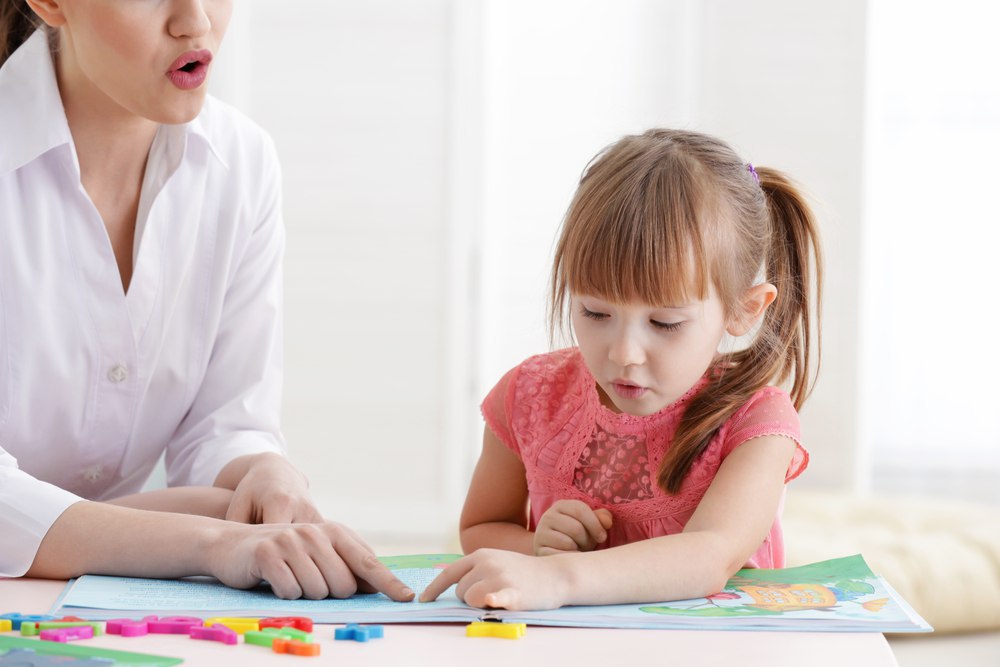
When to see a doctor
You can start to worry if, after two or two and a half years, speech continues to be absent. That is why medical examinations with neurologists and psychiatrists begin at this age. If the child has a small vocabulary or no speech, he is taken under supervision and, if necessary, referred to speech therapists to accelerate speech development.
After 2.5 years of age, speech development disorders can be the result of a number of diseases unrelated to neurology. These are autism and mental retardation. In this case, in addition to delayed speech development, there are secondary symptoms: isolation from the outside world, lack of auxiliary gestures, misunderstanding of spoken speech, lack of contact with others. In this case, it is worth contacting a neurologist.
Routine checkups are the best method of early diagnosis. The neurologist monitors the child every year, monitors his development. The annual check-up at the EMC includes an examination and a psychiatric consultation. If a speech disorder is suspected, it is recommended to undergo a turning examination earlier, for example, after six months, or the child is referred to a speech therapist to correct the delay in the early stages.
Types of speech development disorders
- Alalia - complete absence of speech due to the absence of problems with hearing and articulatory apparatus. We send children over 3 years old with delayed speech development to an MRI scan to assess the areas of the brain that are involved in speech development and determine the degree of impairment.
Alalia is a severe speech disorder in which a child does not understand the meaning of the spoken speech, but only recognizes individual sounds. Children cannot start talking on their own, so they need the help of specialists: a neuropsychologist, a speech therapist, a psychiatrist and a neurologist. - Dysarthria is the complete absence of speech due to the insufficient development of the articulatory apparatus. It is very difficult for a child to reproduce sounds, so pronunciation is fuzzy, blurred, there is an acceleration or deceleration of the pace of speech, a violation of the respiratory rhythm during conversation. Chewing may be difficult. In this case, speech therapy, neuropsychological and neurological support is also necessary.
- Dyslalia – inability to reproduce individual sounds. There are often problems with pronunciation of "R", "L", "T". Speech therapy and classes with a neuropsychologist are very important for correction. If you have problems with pronunciation from the age of three, you already need to contact a speech therapist. Speech therapy support for children is long-term, up to school age, because dyslalia is difficult to correct.
Many parents think that speech will form itself by school, but this is not the case. Children with speech delays often have problems with academic performance at school. It is difficult for them to perceive and present information, and writing disorders may develop. Full speech development occurs before the age of six, after that age it is much more difficult to help.
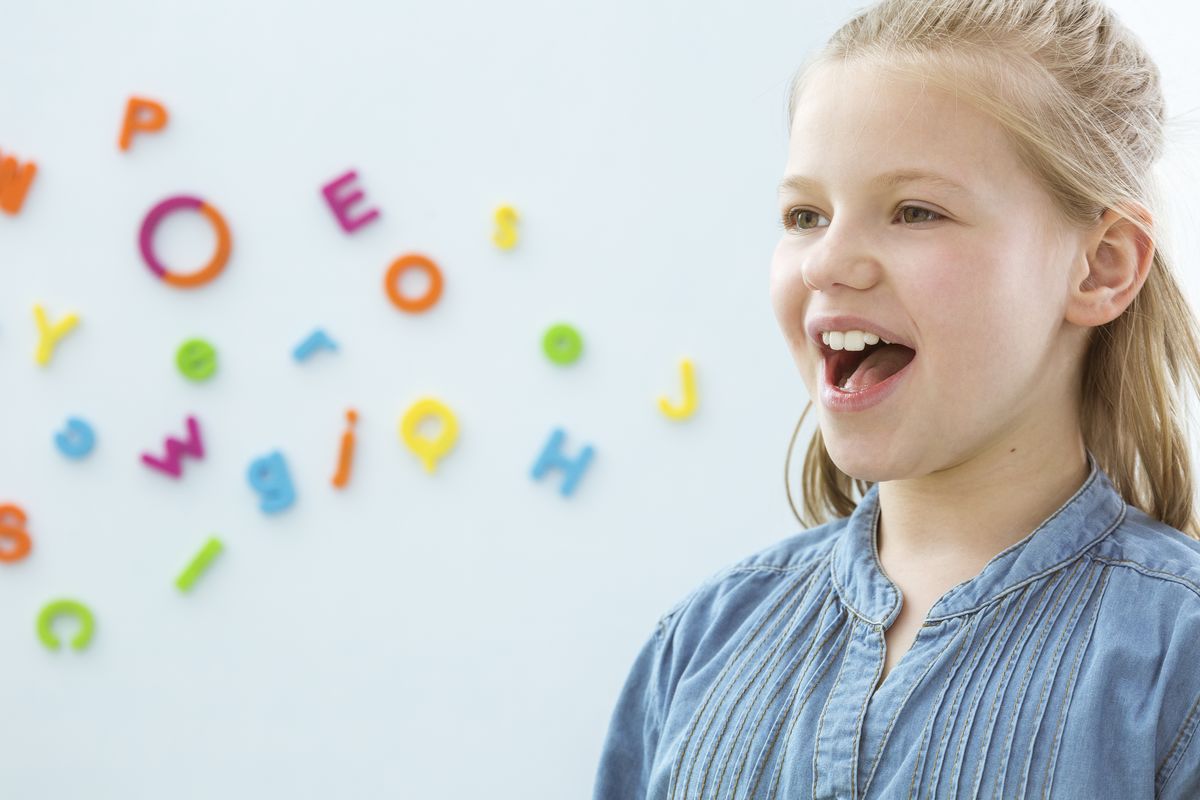
Diagnosis of speech development disorders in children
As a rule, neurologists refer patients to us. The psychiatrist primarily excludes more serious pathologies, such as autism spectrum disorders or delayed psychoemotional development. The doctor consults the parents first, then the child. Examination of children with speech disorders also includes neuropsychological and speech therapy diagnostics. Then the speech therapist and the neuropsychologist develop an individual correction plan.
Treatment of speech development disorders in EMC
The basis of treatment is correctional work with a speech therapist and a neuropsychologist. In some cases, supportive medication is required, which is prescribed by a psychiatrist. Neurocognitive therapy includes brain development tasks and sensory exercises.
A psychiatrist and a neurologist monitor the treatment process. All specialists interact with each other, if necessary, we can connect any specialized pediatric specialist to carry out any diagnosis as soon as possible. The maximum effect of treatment is achieved thanks to the comprehensive support and simultaneous interaction of doctors of various specialties.






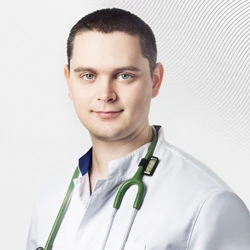
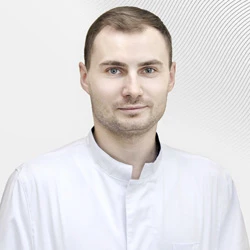
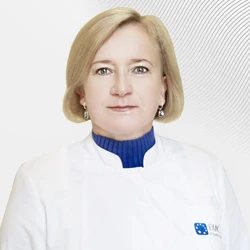
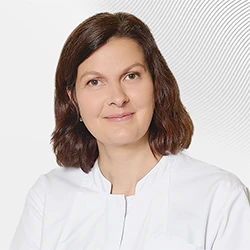
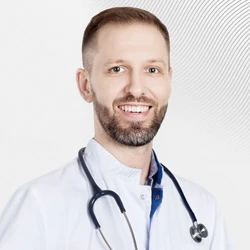
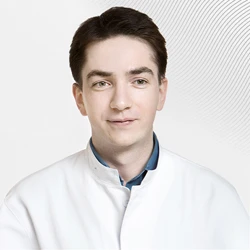
.webp)
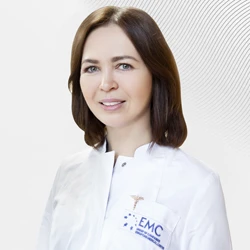
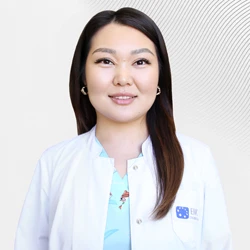

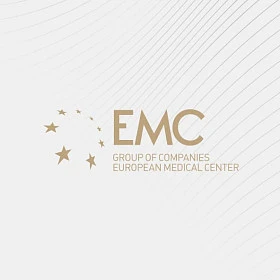
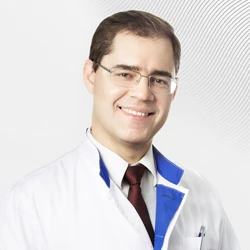
.webp)
